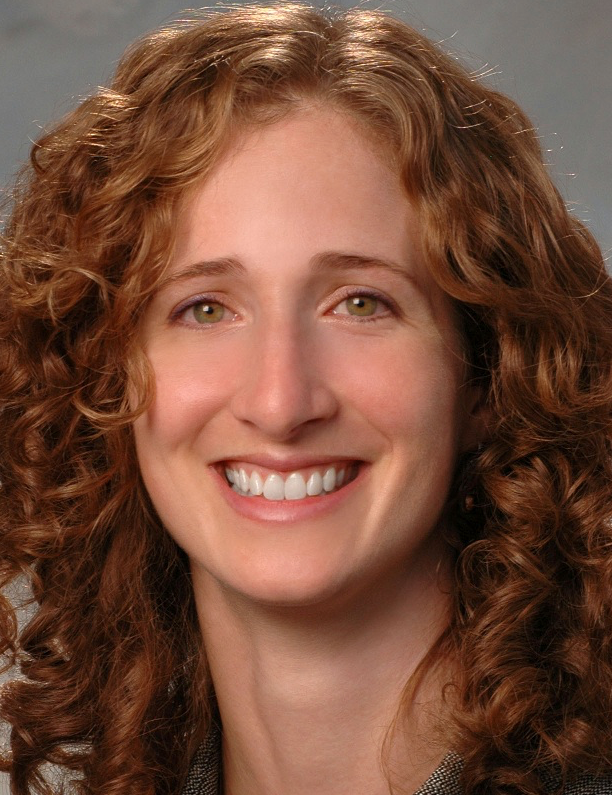Alisa Morss,
Associate Professor,
Drexel University
Alisa Morss Clyne is currently an Associate Professor of Mechanical Engineering, with a courtesy appointment in the School of Biomedical Engineering, Science, and Health Systems, at Drexel University in Philadelphia, PA. Dr. Clyne is director of the Vascular Kinetics Laboratory, which investigates integrated mechanical and biochemical interactions among cells and proteins of the cardiovascular system. She is particularly interested in how endothelial cell mechano-transduction changes in a diseased environment, and how fluid shear stress and substrate mechanics affect biochemical binding kinetics, transport, and signaling. Dr. Clyne received her bachelor’s degree in Mechanical Engineering from Stanford University in 1996. She worked as an engineer in the GE Aircraft Engines Technical Leadership Program for four years, concurrently earning her Master’s degree in Mechanical Engineering from the University of Cincinnati. In 2006, she received her Doctorate in Medical and Mechanical Engineering from the Harvard-MIT Division of Health Sciences and Technology. In 2014, she completed the Executive Leadership in Academic Technology and Engineering (ELATE) program. Dr. Clyne received the NSF CAREER award in 2008, an AHA National Scientist Development Grant in 2010, and the BMES-CMBE Rising Star award in 2011. She has received research and educational funding from NSF, NIH, AHA, Department of Education, the Nanotechnology Institute, and the State of Pennsylvania, and she has published in diverse journals including Lab on a Chip, Journal of Biomechanics, Annals of Biomedical Engineering, Tissue Engineering, JRSI, PLOSOne, JBC, and Circulation. She is a member of ASEE, ASME, BMES, NAVBO, and SWE. Her teaching focuses on mechanical engineering applications in biological systems, and she founded several programs to enhance diversity within engineering.
|

|

 Add to Calendar ▼2018-03-27 15:00:002018-03-27 16:00:00Europe/LondonBioprinting Multicellular Structure to Advance Vascularized 3D Tissue EngineeringSELECTBIOenquiries@selectbiosciences.com
Add to Calendar ▼2018-03-27 15:00:002018-03-27 16:00:00Europe/LondonBioprinting Multicellular Structure to Advance Vascularized 3D Tissue EngineeringSELECTBIOenquiries@selectbiosciences.com Add to Calendar ▼2018-03-26 00:00:002018-03-27 00:00:00Europe/LondonInnovations in Microfluidics, Biofabrication, Synthetic BiologySELECTBIOenquiries@selectbiosciences.com
Add to Calendar ▼2018-03-26 00:00:002018-03-27 00:00:00Europe/LondonInnovations in Microfluidics, Biofabrication, Synthetic BiologySELECTBIOenquiries@selectbiosciences.com